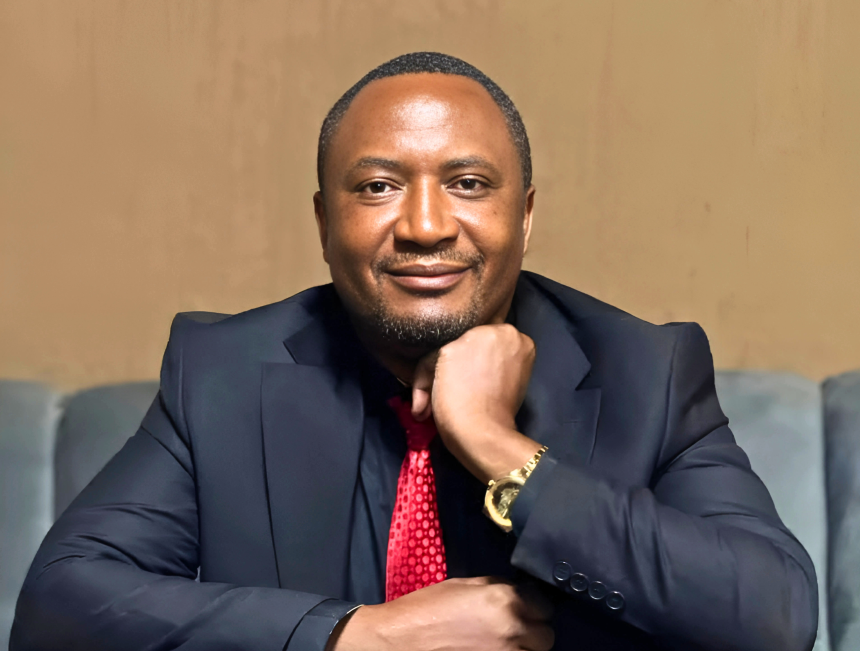By Brian Matambo – Lusaka, Zambia
Zambia’s democracy is healthiest when parties open themselves to scrutiny, ideas, and competence. The Zambia We Want (ZWW) Peer Review held at Lieutembm University in Lusaka offered exactly that. It was a disciplined, transparent, and idea-driven process where presidential aspirants submitted themselves to questions, timelines, and a collective scorecard. If replicated across the political spectrum ahead of the 2026 elections, this format can elevate our politics from personality contests to performance contests.
Peer Reviews are not pageantry. They test the three things that truly matter in leadership selection: character, capacity, and a credible plan. They reveal whether a candidate can stand on a policy record, communicate a clear national direction, and accept critique without defensiveness. They also give party members and the public a structured way to compare visions side by side. Zambia needs more of this. Every party should consider institutionalising peer reviews for presidential hopefuls, secretary general positions, and parliamentary primaries. The outcome is better policy, stronger teams, and leaders who are prepared for office from day one.
Below is a highlight of what each candidate presented, in the order they spoke.
Ernest Mwansa: THE REFORMER WITH A RECORD
Ernest Mwansa grounded his case in service and results. He traced a journey from the Copperbelt to Parliament, citing ministerial tenures in Energy and Water Development, Information and Broadcasting, and Health. He pointed to tangible legacies: initiating rural electrification, pushing media liberalisation so ZNBC would not be the only voice, advancing health reforms, and championing the Constituency Development Fund alongside colleagues. He served as Deputy Speaker and chaired Parliament’s Reforms and Modernisation Committee, arguing that he understands institutional change and how government truly works. His message was simple and confident. Leadership is delivery, and delivery is measured.
Dr Auxilia Bupe Ponga: THE PARTNERSHIP BUILDER
Dr Ponga offered a leadership philosophy rooted in integrity, humility, and inclusive development. A career civil servant with international experience, she spoke to Zambia’s best moments of collective action, such as the HIV and AIDS response, and called for the same partnership model among churches, traditional leaders, youth, and civil society to tackle today’s challenges. She framed leadership as capacity building, conflict resolution, and respect for separation of powers. Her appeal was to lift people and places that policy has ignored, and to keep development at the centre rather than politics. She described two Zambias divided by opportunity and argued that leadership must close that gap.
Richewell Siamunene: THE ORGANISER AND UNIFIER
Richewell Siamunene focused on sacrifice, unity, and ground game. He stressed that leadership without sacrifice is empty, and unity without inclusivity is fragile. He described broad mobilisation across provinces and on community radio, positioning himself as a field operator who builds structures rather than waits for perfect conditions. He rejected tribal calculations and called for a shared national vision. His strategic pitch was blunt. Study the incumbent, attack strengths with better strengths, and deploy human and financial resources with discipline. Politics, he argued, is won by organised people, not loud arguments.
Robert “Bob” Sichinga: THE ECONOMY FIRST CANDIDATE
Robert Sichinga framed Zambia as a patient in intensive care and the economy as the elephant in the room. A veteran of policy and party manifestos, a former minister in finance-adjacent portfolios, and a long-time economic voice, he argued for a transformation agenda that tackles power reliability, industrial roads, hospital functionality, food security, and value capture from minerals. He presented himself as prepared, practical, and measurable, insisting that alternative budgets and clear targets are not luxuries but the basic tools of governance. His challenge to members was to pick leadership that can stand toe-to-toe with the incumbent on facts, figures, and delivery.
Kapembwa Simbao: THE SYSTEMS ENGINEER
Kapembwa Simbao approached leadership like a production line that must be redesigned for quality. An electrical engineer and former cabinet minister, he set out two core problems. Governance that blurs the separation of powers, and an economy that underperforms because systems are misaligned. He called for judicial independence to unlock investor confidence and for Parliament that is genuinely free from executive control. On the economy, he prioritised mechanised agriculture, rapid restoration and expansion of energy generation capacity, and an SME-centred industrial policy. He argued for restructuring mining ownership to build a sovereign wealth fund and finance long-term national projects.
WHY THIS PEER REVIEW MATTERS
This session did more than showcase personalities. It stress-tested ideas against reality, history, and feasibility. It rewarded preparedness. It placed party interest above individual interest. It demonstrated that internal democracy can be orderly and rigorous without losing passion. Most importantly, it modelled how Zambia can pick leaders who are ready to govern, not only ready to campaign.
If every party adopts credible peer reviews, voters will get clearer choices, parties will field stronger slates, and national debate will shift toward outcomes that improve the daily lives of Zambians. That is the politics our country deserves in 2026 and beyond.



Leave a Reply